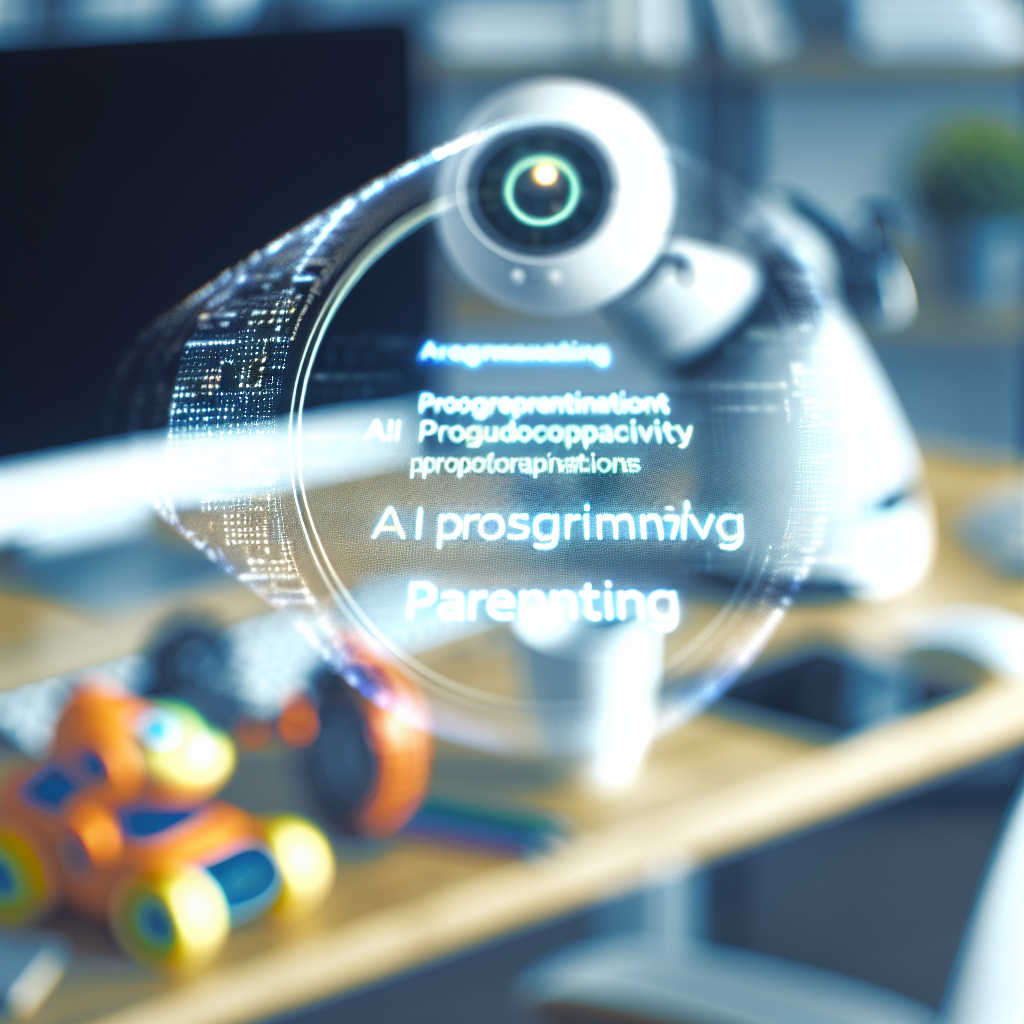In recent discussions, DHH (David Heinemeier Hansson) shares insightful perspectives on the *Future of Programming*, the transformative role of *Artificial Intelligence*, advancements in *Ruby on Rails*, and the often overlooked interface between *Productivity* and *Parenting*. These topics, explored in Lex Fridman’s Podcast #474, reveal how technology and personal life intersect to shape our tomorrow. Let’s delve into each area for a comprehensive understanding.
The Future of Programming: Innovation and Human-Centered Design
David Heinemeier Hansson emphasizes that the future of programming isn’t solely about *technological advancements* but also about *evolving developer practices* and *human-centric design* principles. As AI begins automating routine tasks, programmers are encouraged to focus on *creative problem-solving* and *software architecture*. DHH predicts that programming languages will become more *expressive* and *intuitive*, reducing the cognitive load on developers.
He also discusses the importance of *ethical considerations* in the development of new tools, emphasizing that the *future programmer* must prioritize *responsibility* and *sustainability*. This shift calls for an emphasis on *learning adaptability*, where developers keep pace with rapid changes without sacrificing their *core skills* and *values*. Such evolution ensures programming remains a *dynamic* and *impactful* discipline rather than stagnating in legacy paradigms.
The Role of AI in Shaping Software Development and Everyday Life
AI is transforming the landscape at an unprecedented pace, impacting everything from *code generation* to *personal productivity*. Hansson highlights that while AI tools like *GitHub Copilot* enhance developer efficiency, they also challenge traditional notions of *creativity* and *problem-solving*. The integration of AI in coding workflows reduces *repetitive tasks*, allowing developers to focus on *innovative challenges*.
Beyond software, AI influences aspects of daily life, from *parenting* to *personal productivity*. DHH points out that AI-driven systems can offer *personalized education* and *mental health support*, fostering a more *equitable* and *accessible* future. However, he warns about *ethical dilemmas* and the importance of *regulation* — ensuring AI benefits society without infringing on *privacy* or *freedom*. The key lies in harnessing AI’s potential responsibly to augment human capabilities rather than replace them.
